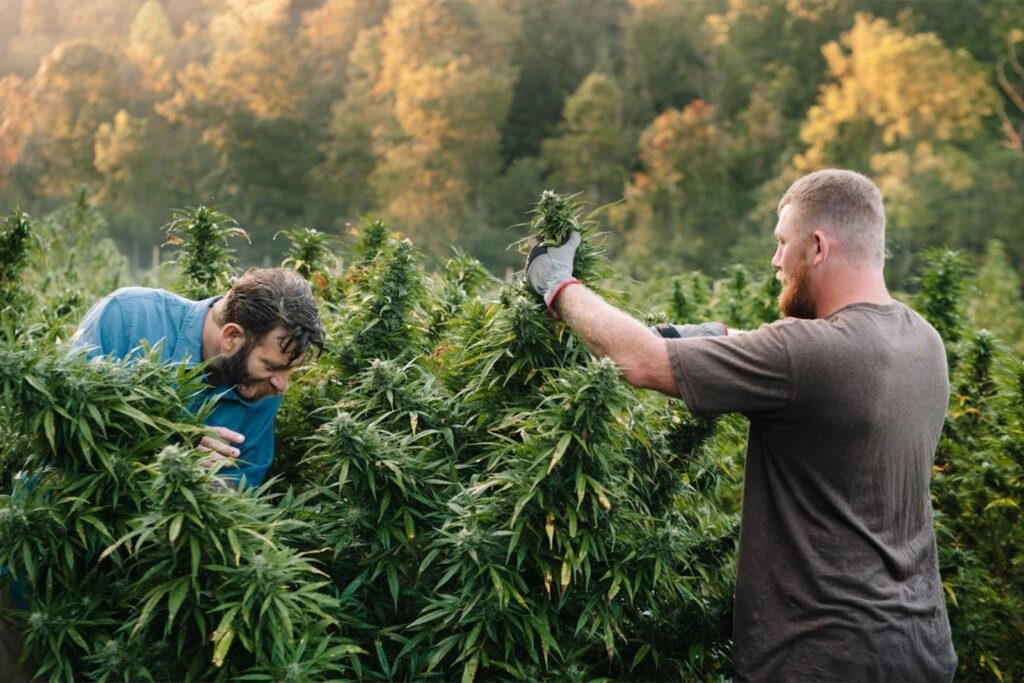Image credit: Unsplash
The cannabis industry has recently found success with farms in the historic Sonoma Valley. The same environment that makes the Valley an excellent source of wine makes it ideal for growing cannabis. The SPARC company, managed by Erich Pearson, has run a cannabis farm in Sonoma Valley since 2016, but the Esensia Gardens cannabis farm has recently relocated from Mendocino.
Sonoma Valley is a famed source of American wines. Sonoma wine country is home to more than 400 wineries. The climate is ideal for creating a variety of wines. The soil conditions vary just enough to offer different terroirs for different grapes. The summers are long and dry, with lots of sun and days that are consistently warm but never hot. Cooler nights, particularly near the harvest seasons, create an excellent environment for grapes.
These same factors are also ideal for cannabis, which does best in temperatures around the 80s and low humidity. Esensia Gardens, run by Marley Lovell and Ben Blake, got their start in Mendocino, where their crop suffered from 100-degree temperatures that could span entire weeks.
Cannabis crops have a relatively short lifecycle that lasts from early summer to the middle of fall. The drastic change from the Mendocino environment to the Sonoma Valley environment is helped, in part, by Esensia Garden’s specialized breeding of adaptive cannabis plants. Their particular product has grown hardier each year, more and more resistant to changes in weather. Cuttings from their hardiest plants are saved through the winter and used to start the new crop in spring.

The relocation of Esensia Gardens to the Sonoma Valley was a pragmatic and economic decision. The economic groundwork had already been laid by Erich Pearson of SPARC, a company that farms cannabis in the Valley but also processes and sells the resulting products throughout the Bay Area. Pearson began growing cannabis in the Sonoma Valley in 2016 and has admitted that the culture of wine and the culture of cannabis do not mix well.
Pearson also says, however, that attitudes in the Valley have changed since he began farming there. He has pointed to one major fixture of wine culture he believes that cannabis can incorporate: space at the production site where discerning consumers can sample the product and buy directly on location. Wine tastings and wine tours are a large part of Sonoma Valley’s tourist industry, and Pearson believes that cannabis farms can become part of that.
Lovell has expressed a similar thought about Esensia Gardens, saying she hopes to “share our story” and “something that is uniquely Californian.” Much like the local wineries compete to achieve a unique taste and feel that stands above their peers, Lovell and Blake hope to create a cannabis plant that wins its way free of the pack. Their efforts have not gone unnoticed. Esensia Gardens is one of the most awarded cannabis brands in the state, with more than 20 awards pinned to the company.
With their continued success, and if the culture continues to shift in Sonoma Valley, many more cannabis farms may appear there. Time will tell what comes of the mixing of wine culture and cannabis culture.




















































































































































































































































































